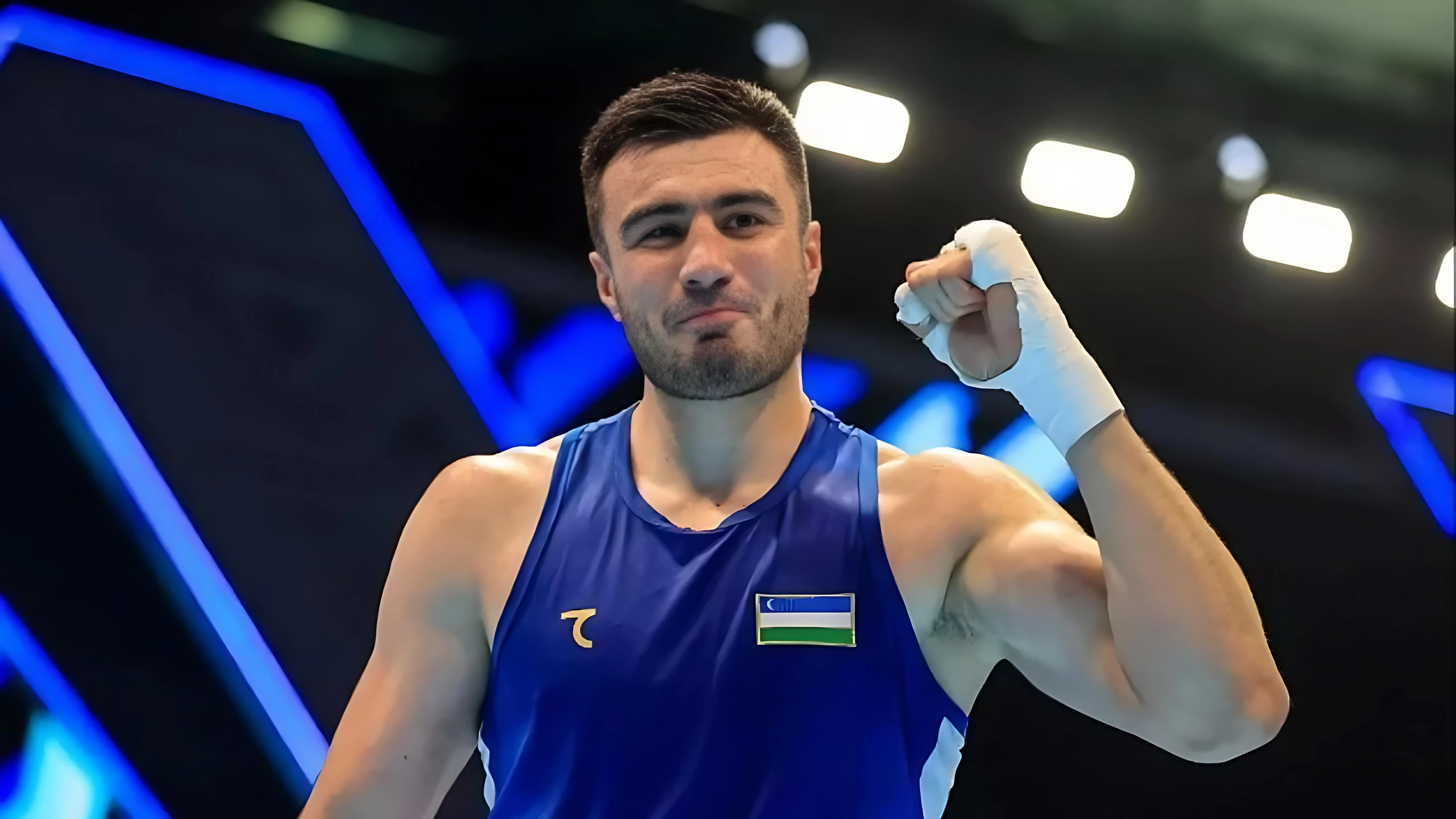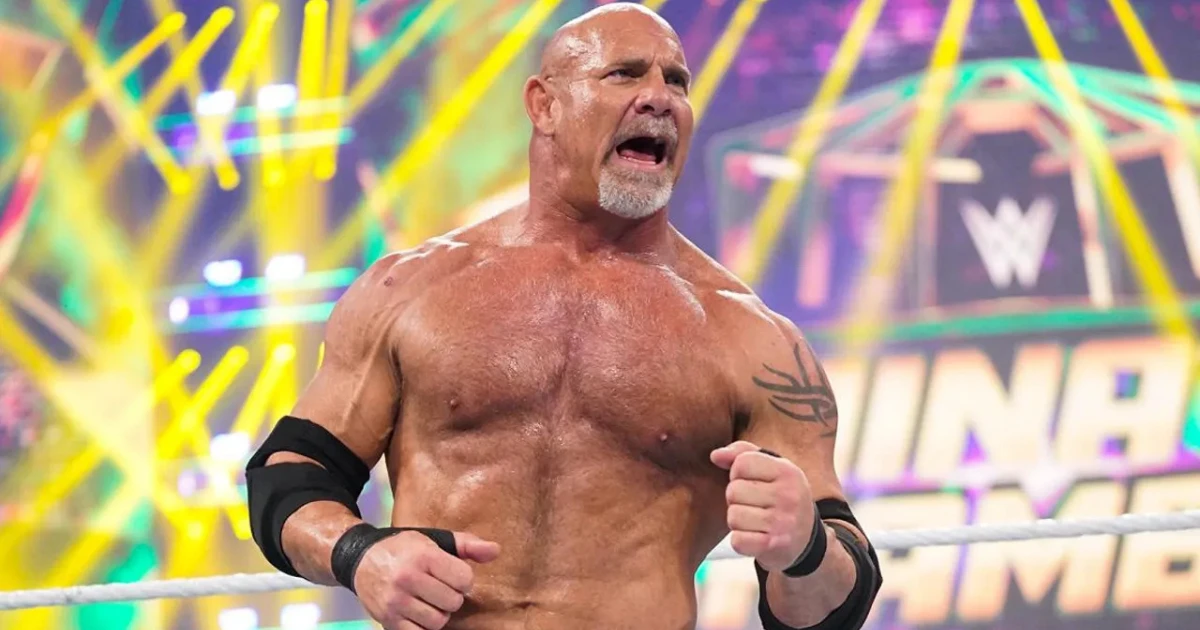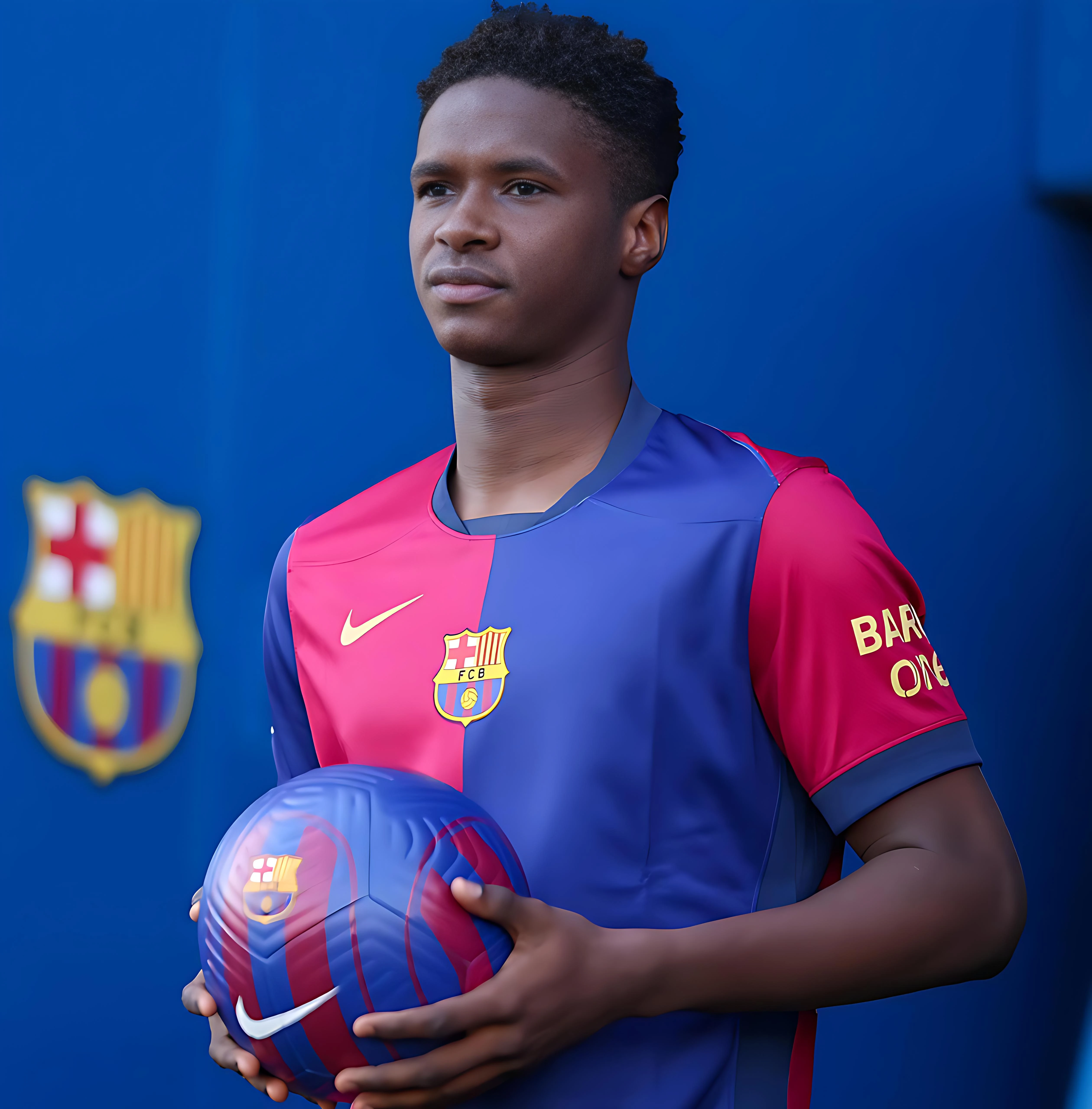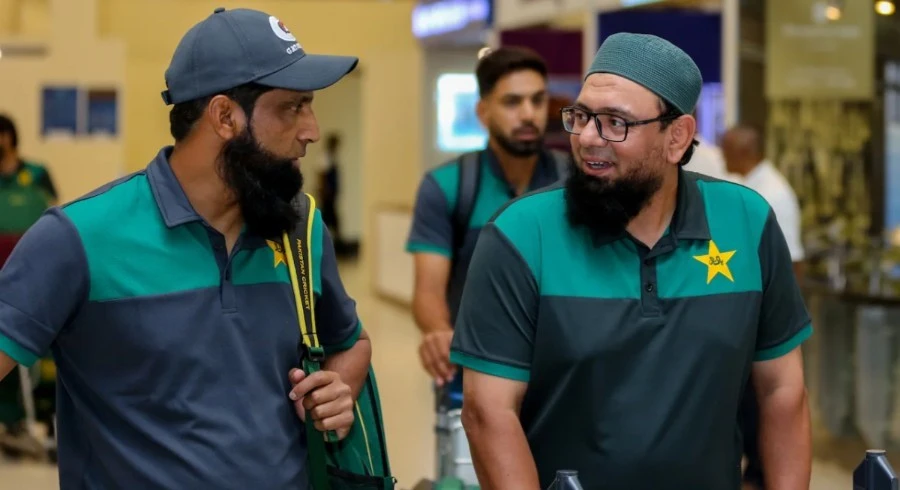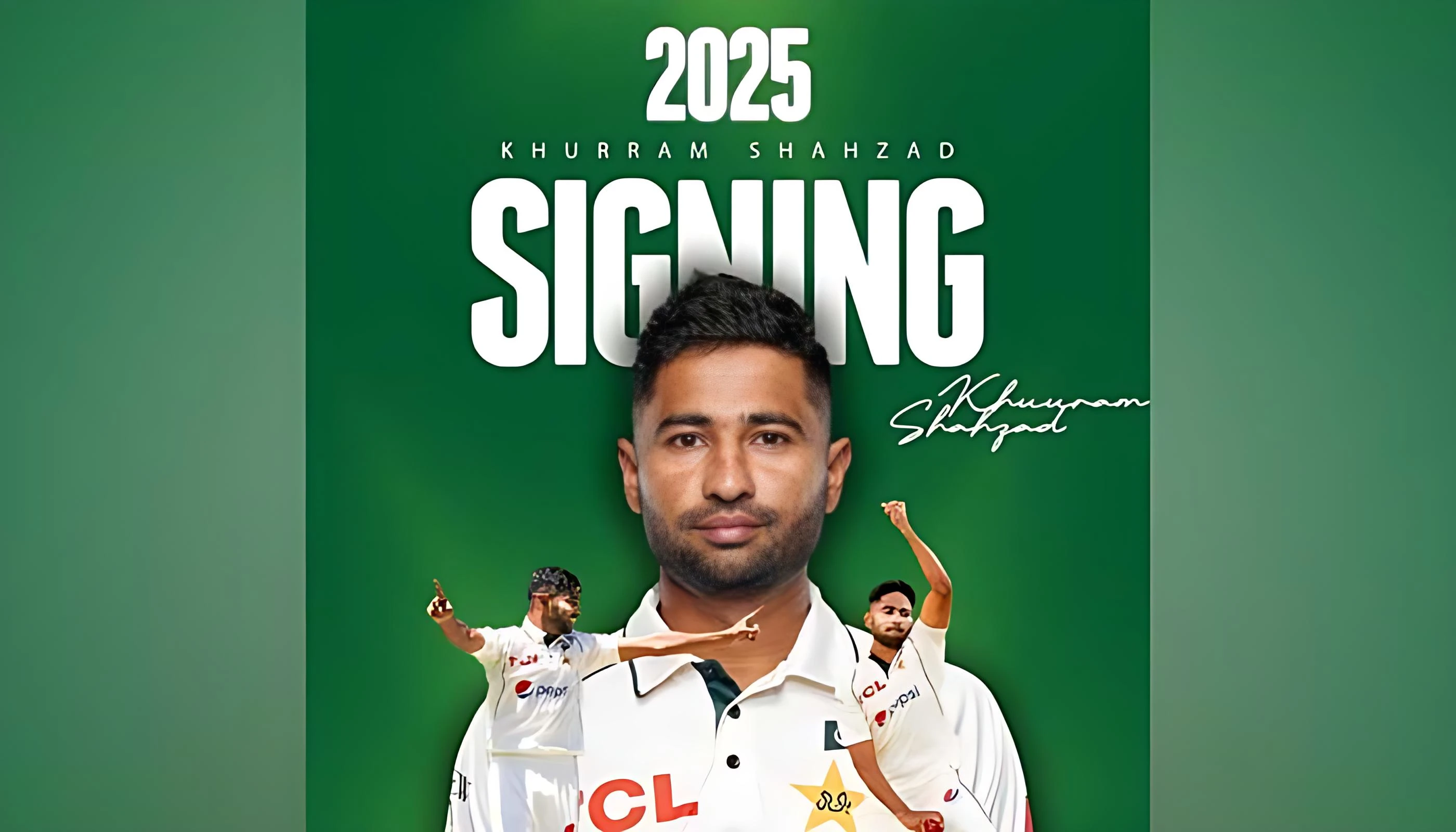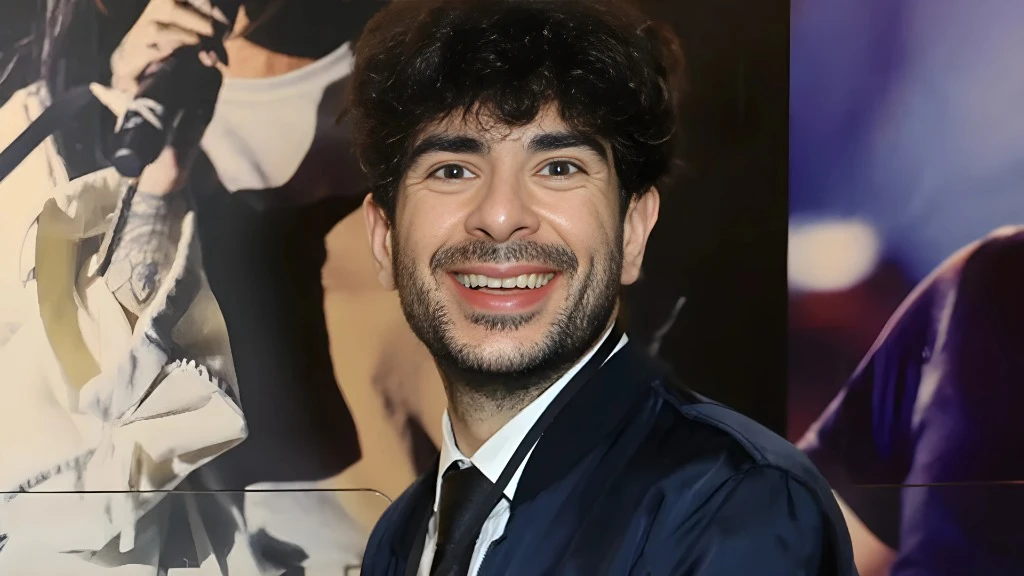Philadelphia: Real Madrid’s attention is now on the Club World Cup after a trophyless domestic season, with new manager Xabi Alonso eager to bring silverware and a new identity to the Spanish giants.
The 43-year-old replaced Carlo Ancelotti and has reshaped the squad with key signings like Trent Alexander-Arnold and Dean Huijsen. The tournament offers Alonso his first real test as he implements a more proactive and attacking style of play, likely using his preferred 3-4-3 formation to balance creativity and control.
Madrid’s injuries remain a concern, with key players like Dani Carvajal, Eder Militao, and Eduardo Camavinga still sidelined. Jude Bellingham will reportedly undergo shoulder surgery after the competition.
Liverpool signed Alexander-Arnold early in a deal worth £10 million to ensure his availability. Real’s Club World Cup journey begins on June 18 against Al-Hilal in Miami, followed by matches against Pachuca on June 22 in Charlotte and RB Salzburg on June 26 in Philadelphia.
Al-Hilal, now coached by Simone Inzaghi, features stars like Mitrovic, Cancelo, and Koulibaly, making them potential spoilers. Pachuca, despite having Salomon Rondon, is seen as an underdog. Madrid previously defeated them 3-0 in the Intercontinental Cup.
Despite thrashing Salzburg 5-1 in the Champions League group stage, Madrid were knocked out in the quarter-finals by Arsenal. Club president Florentino Pérez has clarified that the $135 million prize money and prestige of winning the expanded tournament are crucial, especially after a season dominated by rivals Barcelona.
Alonso inherits tactical challenges that Ancelotti couldn’t fully resolve, such as an unbalanced front line and how best to deploy both Mbappé and Vinicius Junior. Bellingham may be used in a deeper midfield role to stabilize the formation.
Alonso aims to reenergize Madrid’s football with a high-intensity, fan-focused approach. His tactical clarity, experience, and the energy of a revamped squad could provide the boost Madrid needs to end the season on a high.
Luka Modric, playing his final matches for the club, could exit with a final trophy, and Real Madrid would become the first club to win the new-format Club World Cup—an achievement that aligns with tradition and ambition.



